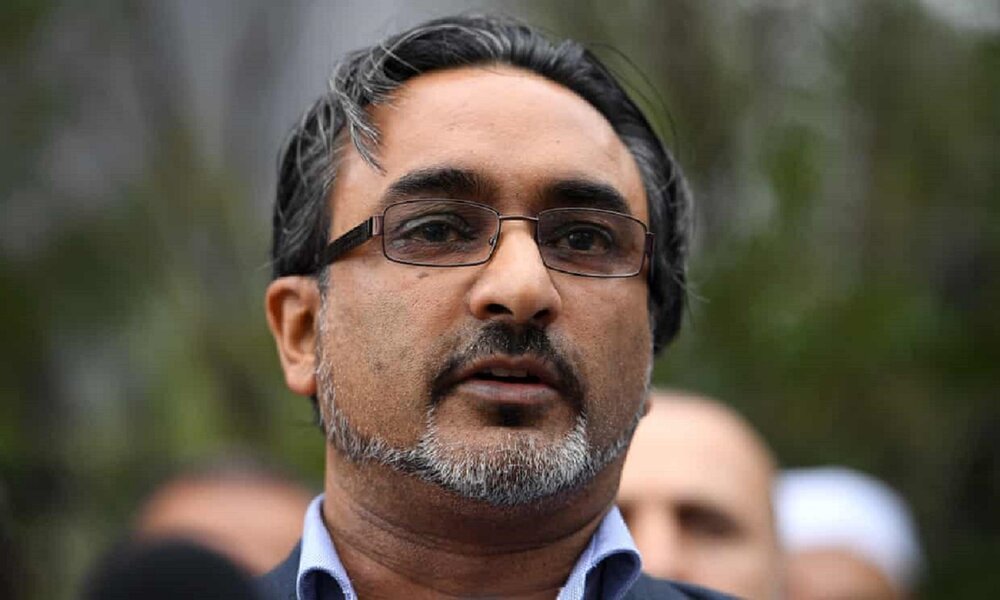Hawzah News Agency –Religious groups have expressed disappointment at the federal government’s decision to shelve controversial religious discrimination laws, claiming parliament lost sight of the original intent of the legislation.
Groups such as the Australian National Imams Council (ANIC) have urged the government to return their focus to the initial purpose of the bill, which was to protect religious minorities.
ANIC spokesperson Bilal Rauf told Guardian Australia it was “disappointing” to see the bill delayed, saying there was a “significant gap” in protective laws.
“I think the primary focus of this bill was always those protective provisions to bring it in line with the protections based on other attributes – that was always the primary provision and there was no dispute or question about those proposed provisions,” he said.
“The rest was secondary, and sadly the secondary provisions became the subject of debate.
“It’s disappointing that it has been shelved, and we hope that it’s something that will quickly be revived and pursued.”
Rauf said the ANIC supported the bill because there were currently little to no protections for people based on religion.
He said it would give recourse for potential instances of discrimination, such as if a Muslim woman was fired for wearing the veil, or a Muslim man denied time to attend the obligatory Friday prayers.
“If a person said ‘I’ve got to go and do something connected with my race or sexual preference or carer responsibility’, the employer has to be very careful because they can be pursued for discrimination. But if it’s a religious activity, the employer can do what they want.
“And this really is the first time that there has been any consideration. So that’s a welcome shift, that there’s an acknowledgment that we do need something in circumstances where, for a long time, it wasn’t even an issue in the minds of many.”
Rauf also emphasised the importance of the vilification amendments that Labor proposed, mentioning that there was also no recourse for people who faced hate speech rooted in religious belief.
“There are already some laws there which protect against vilification based on other attributes. It’s just as important to protect against hate speech based on a person’s religious identity.
“We know from direct experience of people in the community that there are many who have had to deal with very acerbic comments based on them wearing the hijab or having a beard or something relating to their religious identity.”
Abdullah Khan, the president at the Islamic Schools Association of Australia, told the Guardian that Islamic schools generally supported the bill as a means of protection.
“These protections are critical,” he said. “Something that is missing is the protection against vilification based on religion. It’s something we wanted to see addressed by the bill, it’s a protection we need.”
“The intent of Islamic schools is not based on discriminating against students on any level, and this was not just about Islamic schools but protecting the whole community.”
Ravi Singh, chairman of the Australian Sikh Association, said he supported shelving the bill as it stood, but believed religious discrimination laws should have been introduced 20 years ago. He said his community was confused by the process and debate.
“It’s frustrating and a little confusing. We did not clearly know what was being protected and who was being discriminated against. It was hard to distinguish in the end who the bill was serving.
“Some parts of the community, especially the LGBTQ communities, had some serious concerns, as well as people in religious institutions. So a lot of questions were raised, and it looked as if they hadn’t been thought through properly.
“I think it’s better we take a deep breath and reorganise ourselves to find a better solution for all involved.”
Singh said measures to address religious discrimination were long overdue.
“These protections are especially important for the Sikh and Muslim communities, because we are easily identifiable. Out kids have faced lots of discrimination in schools for their beards and turbans, and I myself have been called all the names under the sun.
“Overall it’s a good step. It was needed over 20 years ago.”
Peter Wertheim, the co-chief executive of the Executive Council of Australian Jewry, said that the shelving of the bill was “preferable” to it being defeated in the Senate.
“Although the shelving of the religious discrimination bill will disappoint many faith communities who have been hoping to draw a line against the incremental erosion of religious rights and freedoms in Australia, the delay is preferable to the prospect of the bill being defeated in the Senate after a divisive debate.
“This issue is too important to the future of our country to be held hostage to an arbitrary electoral timetable.”
“There are major issues standing in the way of an agreement between the Coalition and Labor on the bill, but only a small number of them, and if more time is needed to arrive at a compromise that most of the country will support, then so be it.”


Your Comment